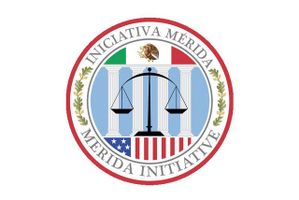What is the Merida Initiative, the contested U.S.-Mexico security pact?
The United States and Mexico are negotiating a new bilateral security agreement that could replace the 2008 Merida Initiative, the criticized cooperation program whose effects have reverberated throughout the region.





